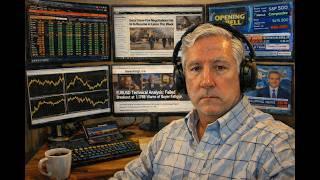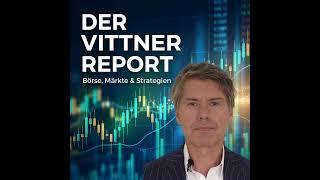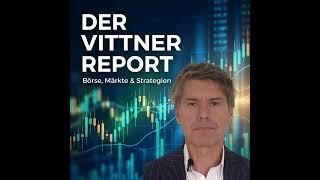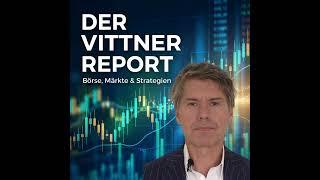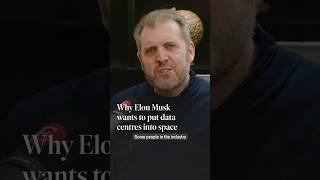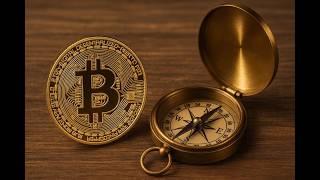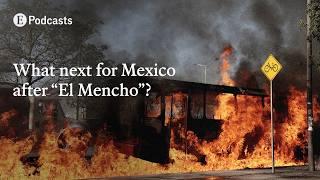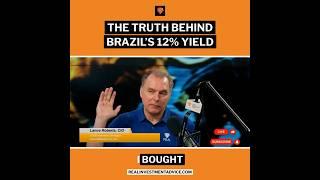| #MeToo sparked a defining chapter in gender relations and its seismic reverberations have been felt across the world. From protests about rape and murder in South Africa, to the Times Up Legal Defense Fund in America, discover the latest efforts to tackle sexual harassment and push for gender equality.
Click here to subscribe to The Economist on YouTube: https://econ.st/2xvTKdy We’re at a historic tipping point for women. In October 2017, the hashtag #metoo spread across the globe. What began as a Hollywood sexual assault scandal sparked a public reckoning around the world. Thousands of women are using two words on social media to identify themselves as survivors of sexual harassment and assault. New laws have been passed and powerful men have been forced to step down, face arrest and conviction. But now #metoo is igniting wider debate about the ability of legal systems to deliver justice, about how men should behave around women, and about the battle for gender equality. In South Africa the number of women killed by a partner or family member is 5x higher than the global average. Here, even a recent President, Jacob Zuma, has been accused of rape. The charges were dropped in court in 2006 but sexual and physical violence have continued to afflict all levels of society. In this country the police reported a 7.4% increase in all crimes against women in the last year alone. In Johannesburg Gigi White runs the charity Get Up Women. She helps victims of sexual violence whose cases have been dropped by the police. Nearly half of all rape cases reported to South African police do not result in an arrest. The number of women asking Gigi for help has increased since #metoo – yet she’s worried there will be no lasting impact in South Africa unless there are more prosecutions. In America the #metoo movement is starting to have an impact on the justice system. Following the Harvey Weinstein scandal over 300 public figures have donated millions of dollars to the #timesup Legal Defense Fund. At these small unassuming headquarters in Washington DC giant steps are being taken. American women can apply to the fund for free legal support if they have been sexually harassed or assaulted at work. So far, there have been over 3,500 applications – mainly from women in low-wage industries. It’s up to interns like Noah to field the rising number of calls. Some of the claims stretch back decades. Applications vetted here in Washington DC are passed to a network of 700 lawyers working across 48 states. The fund has already filed claims against McDonald’s, the US Postal Service, and Walmart. They hope this will prompt other major organizations to change their own rules about sexual harassment. #Metoo has prompted some companies in the West to introduce new measures to deal with sexual harassment – but it has also provoked an all too predictable backlash. Some of the backlash is being fueled by the anxieties of men forced to think about their behavior in ways they’ve never had to before. Clinical psychologist Jordan Peterson is known for his controversial and extremely divisive views on gender. He’s one of the most vocal critics of #metoo and its impact. Facebook COO Sheryl Sandberg is a leading supporter of #metoo. Even she is worried that some of the reverberations could prove counterproductive. Sandberg is a prominent advocate for gender equality in business and the founder of the women’s empowerment foundation Lean In. In early 2018 a survey conducted by Lean In found that #metoo has had an adverse effect on gender relations. In New York, one pioneering company has come up with an innovative solution to improve relations between sexes in the workplace. Morgan Mercer is the founder of vantage point. Her company is exploiting the power of virtual reality to train men to see the world through woman’s eyes. Large companies including The global #metoo movement has helped expose a flaw at the heart of all societies and unleash powerful forces for change that might just kick-start efforts to fix it. What are the forces shaping how people live and work and how power is wielded in the modern age? NOW AND NEXT reveals the pressures, the plans and the likely tipping points for enduring global change. Understand what is really transforming the world today – and discover what may lie in store tomorrow. For more from Economist Films visit: http://films.economist.com/ |
Tags:




















